What Goes Into the Cost of Building a New Home in the U.S.?
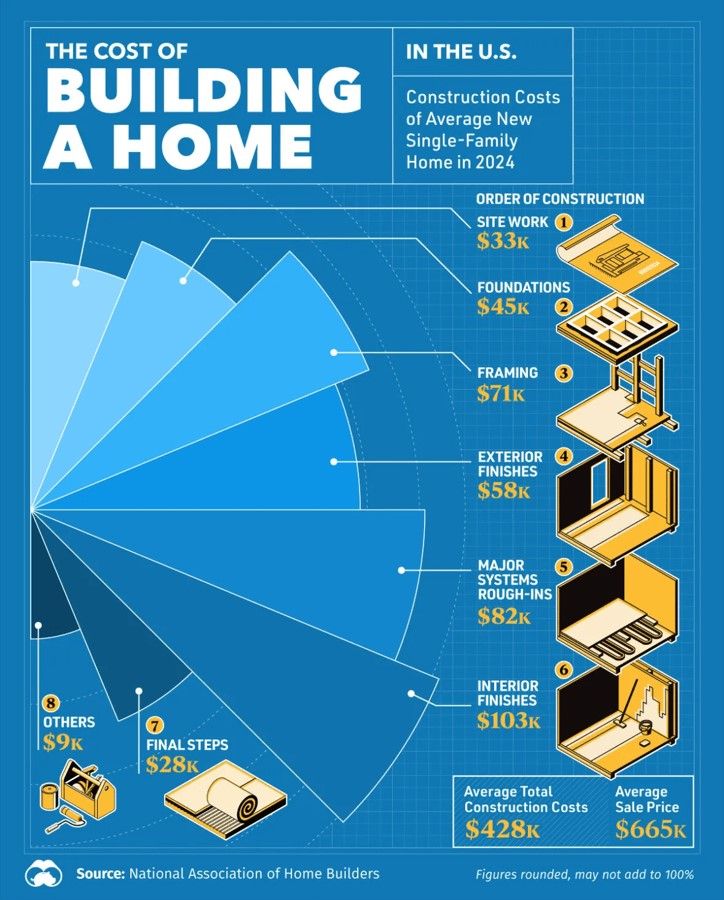
Thinking about building a new home in the United States? You're not alone. With many homebuyers seeking personalized layouts, modern amenities, and energy efficiency, new construction is more appealing than ever. But how much does it actually cost to build a home—and what goes into that price tag?
Let’s break it down and explore all the key factors that determine the cost of building a new home in the U.S.
1. Land Acquisition and Preparation
Before construction even begins, the land itself can be one of the largest cost variables.
Land Purchase
The cost of land varies wildly depending on location. For example:
-
In rural or suburban areas, you might pay $5,000–$50,000 per acre.
-
In high-demand cities or neighborhoods, a small lot can cost $100,000–$500,000+.
Site Preparation
Even after purchasing the lot, it needs to be prepared for construction. Costs here may include:
-
Clearing trees and vegetation
-
Grading and leveling
-
Soil testing
-
Excavation
Estimated cost: $5,000 – $50,000+, depending on the land’s condition.
2. Permits, Fees, and Inspections
Municipal fees, permits, and inspections are unavoidable expenses when building a new home.
Common Permit and Regulatory Costs
-
Building permits
-
Impact fees
-
Utility connection fees
-
Environmental or zoning reviews
National average: $5,000–$15,000, though this can be much higher in urban or coastal regions.
3. Architectural Design and Engineering
Custom home designs come with a price, especially if you’re working with an architect or structural engineer.
Design Costs
-
Stock home plans: $1,000–$5,000
-
Custom architectural plans: $5,000–$30,000+
-
Structural engineering (required for custom or complex builds): $1,500–$10,000+
The more complex the home, the more you'll pay in design and engineering costs.
4. Foundation and Framing
This is where construction truly begins. The foundation and framing make up the structural backbone of your home.
Foundation Costs
-
Slab: $4–$7 per square foot
-
Crawl space: $8–$12 per square foot
-
Full basement: $12–$25+ per square foot
Framing Costs
This includes lumber and labor for the walls, roof trusses, and floor joists.
Average cost: $20,000–$50,000+
Keep in mind that rising lumber prices (like those seen during the pandemic) can significantly impact these costs.
5. Major Systems Installation
Installing the "guts" of the home—HVAC, plumbing, and electrical—comes next.
HVAC (Heating, Ventilation, and Air Conditioning)
-
Cost: $7,000–$20,000+
-
Zoning, energy efficiency, and home size all affect pricing.
Plumbing
-
Cost: $8,000–$20,000+
-
Includes piping, water heater, sewer hookup, and fixtures.
Electrical
-
Cost: $8,000–$25,000+
-
Covers wiring, outlets, switches, panels, and lighting.
6. Exterior Finishes
Now your house begins to take shape! Exterior finishes protect the home and give it its curb appeal.
Typical Costs Include:
-
Roofing: $5,000–$15,000
-
Siding: $10,000–$25,000
-
Windows and Doors: $8,000–$20,000
-
Gutters and downspouts
These materials vary in cost depending on aesthetics and durability.
7. Interior Finishes and Fixtures
This is where most homeowners spend the bulk of their budget—on the things they see and touch every day.
Interior Elements Include:
-
Drywall and insulation
-
Flooring (hardwood, carpet, tile)
-
Cabinets and countertops
-
Appliances
-
Paint and trim
-
Bathroom fixtures
-
Lighting
Estimated cost: $50,000–$150,000+
Custom selections, designer fixtures, and luxury materials can dramatically increase the price here.
8. Landscaping and Exterior Amenities
Curb appeal matters—especially if you plan to sell in the future.
Landscaping Costs:
-
Sod or seed lawn: $2,000–$10,000
-
Shrubs, trees, garden beds
-
Irrigation systems
-
Driveways and walkways
-
Fencing and gates
Want a pool or outdoor kitchen? Those can add $30,000–$100,000+ depending on your vision.
9. Builder's Overhead and Profit
Your home builder isn't working for free. Most charge a fee that covers business costs and generates profit.
Typical markup:
-
10%–25% of the total project cost
This is why getting quotes from multiple reputable builders is key—it helps you understand what you’re really paying for.
10. Unexpected Costs and Contingency Budget
Always expect the unexpected. Things don’t always go as planned.
Common unexpected costs:
-
Weather delays
-
Material shortages
-
Design changes
-
Code upgrades
-
Inflation or pricing spikes
Pro Tip: Always set aside 10%–15% of your total budget for unexpected expenses.
Real-World Example: What It Might Cost to Build a Home
Let’s say you want to build a 2,500 square-foot home on a suburban lot. Here’s a rough breakdown:
| Category | Estimated Cost |
|---|---|
| Land and site prep | $80,000 |
| Permits and fees | $12,000 |
| Design and engineering | $10,000 |
| Foundation and framing | $60,000 |
| Major systems (HVAC, plumbing, electrical) | $50,000 |
| Exterior finishes | $35,000 |
| Interior finishes | $100,000 |
| Landscaping and driveways | $15,000 |
| Builder's overhead and profit | $40,000 |
| Contingency (10%) | $40,000 |
| Total | ~$442,000 |
Of course, this can vary significantly depending on location, design, materials, and more.
Tips for Managing Home Construction Costs
If you're thinking about building a home, here are some ways to stay on budget:
-
Get multiple quotes from builders and subcontractors.
-
Work with a fixed-price contract whenever possible.
-
Prioritize what matters most—focus on quality in key areas like kitchens and bathrooms.
-
Avoid last-minute changes that lead to costly rework.
-
Choose standard materials where possible to cut down on special order costs.
-
Consider phased upgrades, saving luxury features for a later renovation.
Final Thoughts: Is Building a Home Right for You?
Building a home in the U.S. is a big investment—both financially and emotionally. But for many, the ability to customize every detail is worth the effort. By understanding what goes into the cost of building a home, you can better plan your budget, prioritize your must-haves, and avoid unexpected financial stress.
If you're planning to build a new home in Metro Atlanta, feel free to reach out—I’d be happy to connect you with trusted builders and help you evaluate your options. After all, your dream home deserves a smooth start!
Want More Real Estate Tips?
Be sure to check out more articles at paulmcparland.com for expert advice on buying, selling, and investing in real estate across Metro Atlanta.
Categories
Recent Posts
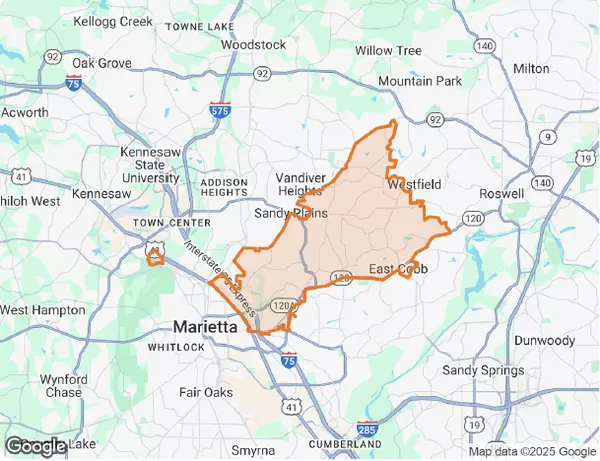

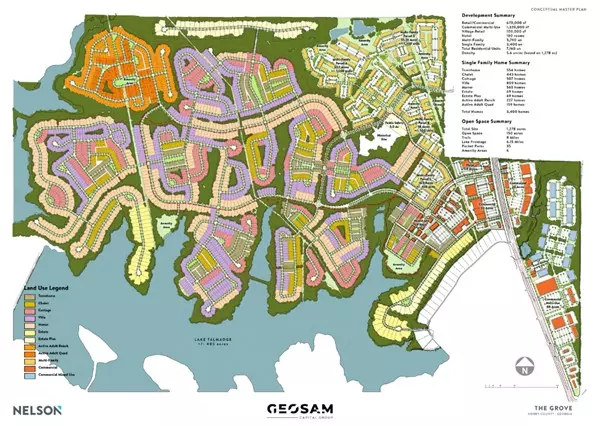
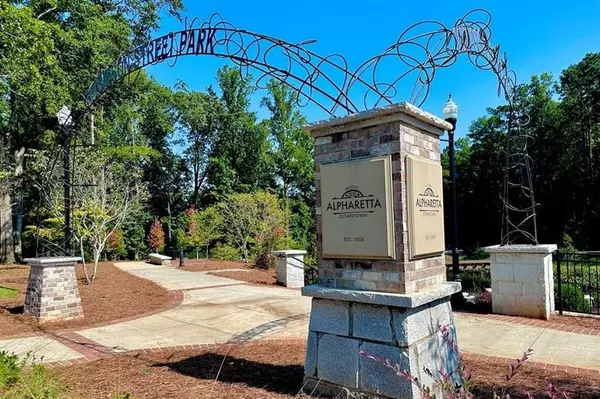
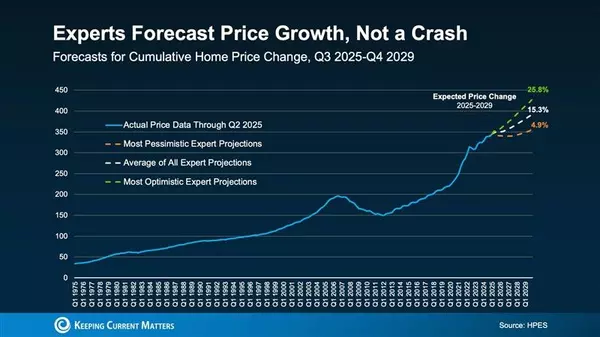
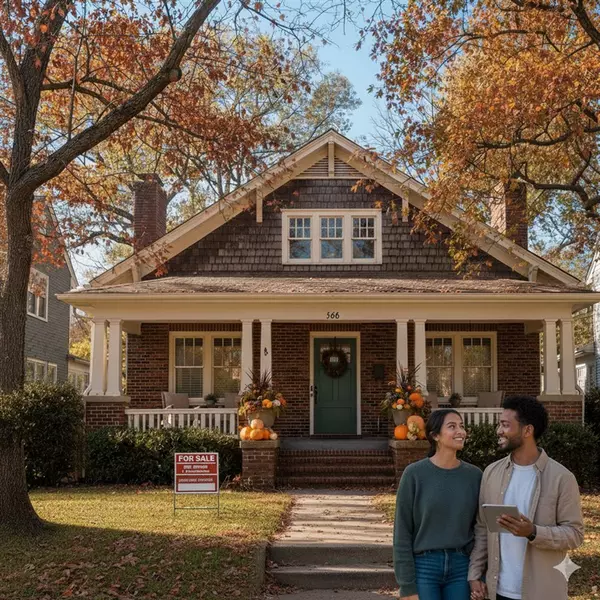
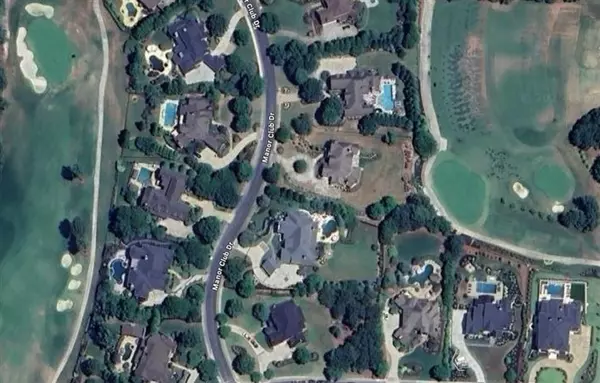
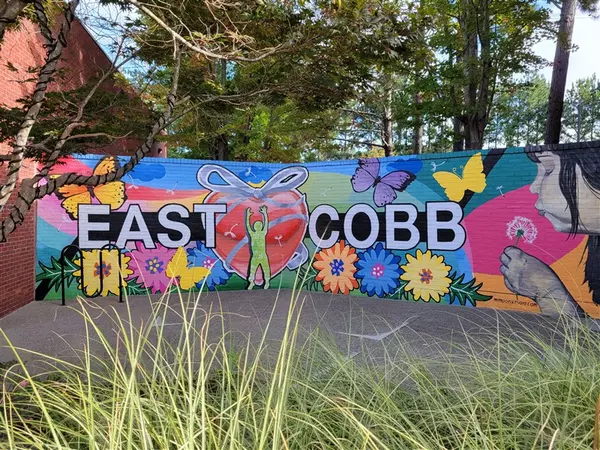
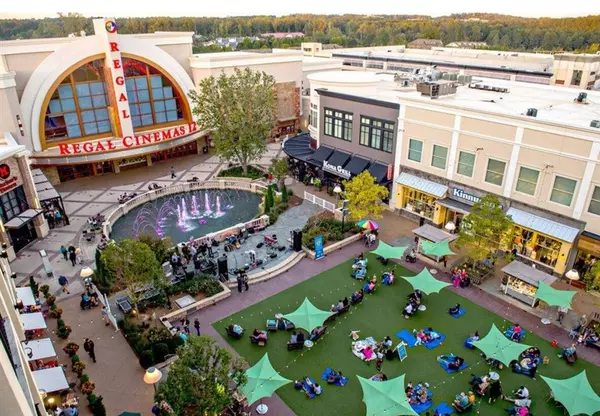
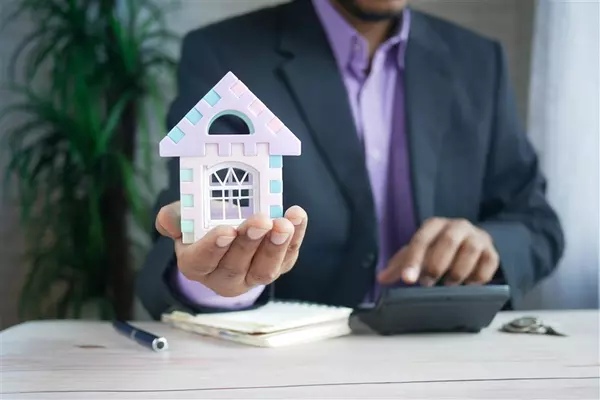

"Whether buying or selling a home, my #1 job is to advise my clients so they optimize their largest financial investment while avoiding any pitfalls that could cost them tens of thousands of dollars. "
